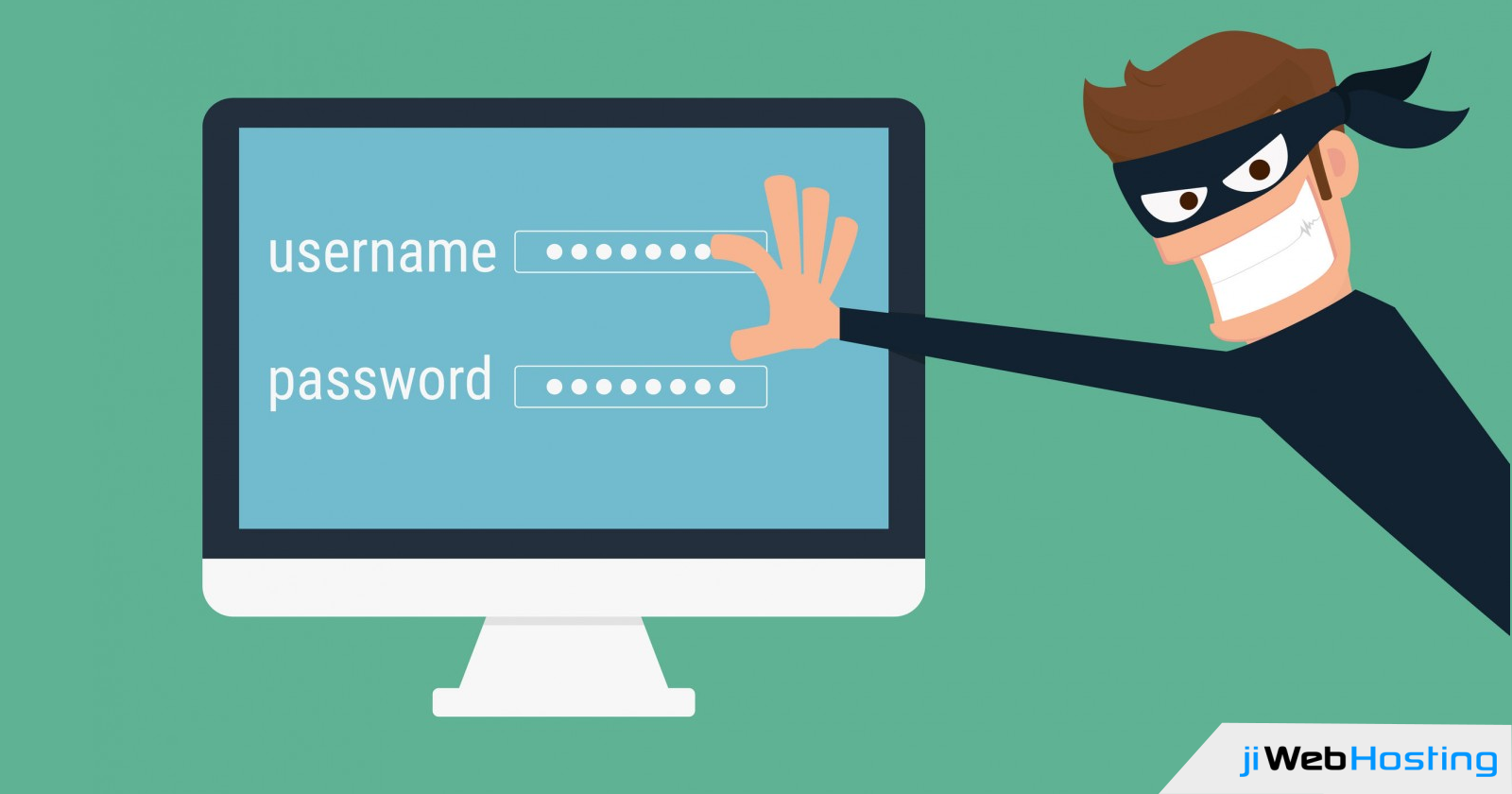Your website may be a small ordinary website or an e-commerce website, all of them are on the hacker's target list equally. Hackers can hack your website at any time not only to steal your database but for other reasons too which you wouldn’t have imagined of. They might attack and use your server as an email relay for spam and might deface your website. And if yours is an e-commerce website, then you might have faced security attacks very often.
In order to safeguard your website from the major attacks and hacker attempts, it’s high time that you get to know about the tips which can prevent your website from these attacks. So, here we have a list of security tips which will protect your website from hackers and safeguard the complete website data.
Security Tips:
- Keep software up to date: May it be a larger network or a small website, not making regular updates lead to major attacks and data security hacks. There is a need to keep all your software updated and regularly monitored. Making updates will keep your website away from the attacks and even let you take advantage of the latest features and versions available for the software.
- SQL injection: SQL injection is basically when a hacker uses web form field or a URL to get access to your database and modify it. This makes it easy for the hacker to modify the tables, fetch the data, and modify or even delete it. This problem can be avoided by using parameterized queries, which are already equipped with most of the web languages.
- XSS attacks: Cross scripting (XSS) is an attack under which the hacker passes a scripting code into a web form in order to run a malicious code for your website visitors. To prevent this, encoding and stripping HTML out of form submissions will let your website stay away from the hacking attempts.
- Error messages: Simply don't display full details and information in the error messages. Try displaying minimum information to your customers as more the information is displayed, easier it will be for SQL Injection attacks on your website. Keep the detailed information in the server logs and display just the required information to the users.
- Check your passwords: No doubt maintaining complex passwords lets you on the safer side. But try setting up passwords which include special characters, numbers and alphabets, and uppercase too. Moreover, keeping salted and hashed passwords is the best way to get extra security and keep the passwords encrypted.
- Avoid file uploads: The files your users upload over the website can be of a huge risk for you. You don't know which file may contain malicious data which directly accesses your website and modifies it. So, we need to prevent direct access to all uploaded files. Keeping files in a directory in the form of blob would simply prevent the direct access to your website.
- Use SSL: If your users are storing or uploading any kind of personal data over your website, it becomes necessary to secure their data. There is a need to implement SSL so that there is a security passway between the user's data and the hackers. The data will be stored in encrypted form, so the hacker will not be able to view the data by any means.
Concluding lines
Once you are aware of all these aspects, you would definitely look up for a vendor which fulfils all these features. Isn't it? jiWebHosting is one such platform which offers you reliable and genuine hosting services on an affordable budget. For customer assistance, we offer 24/7 support services from our experts. Want to know our plans & pricing? Get in touch with us and get the benefits from us at the earliest!

















Share this post on: